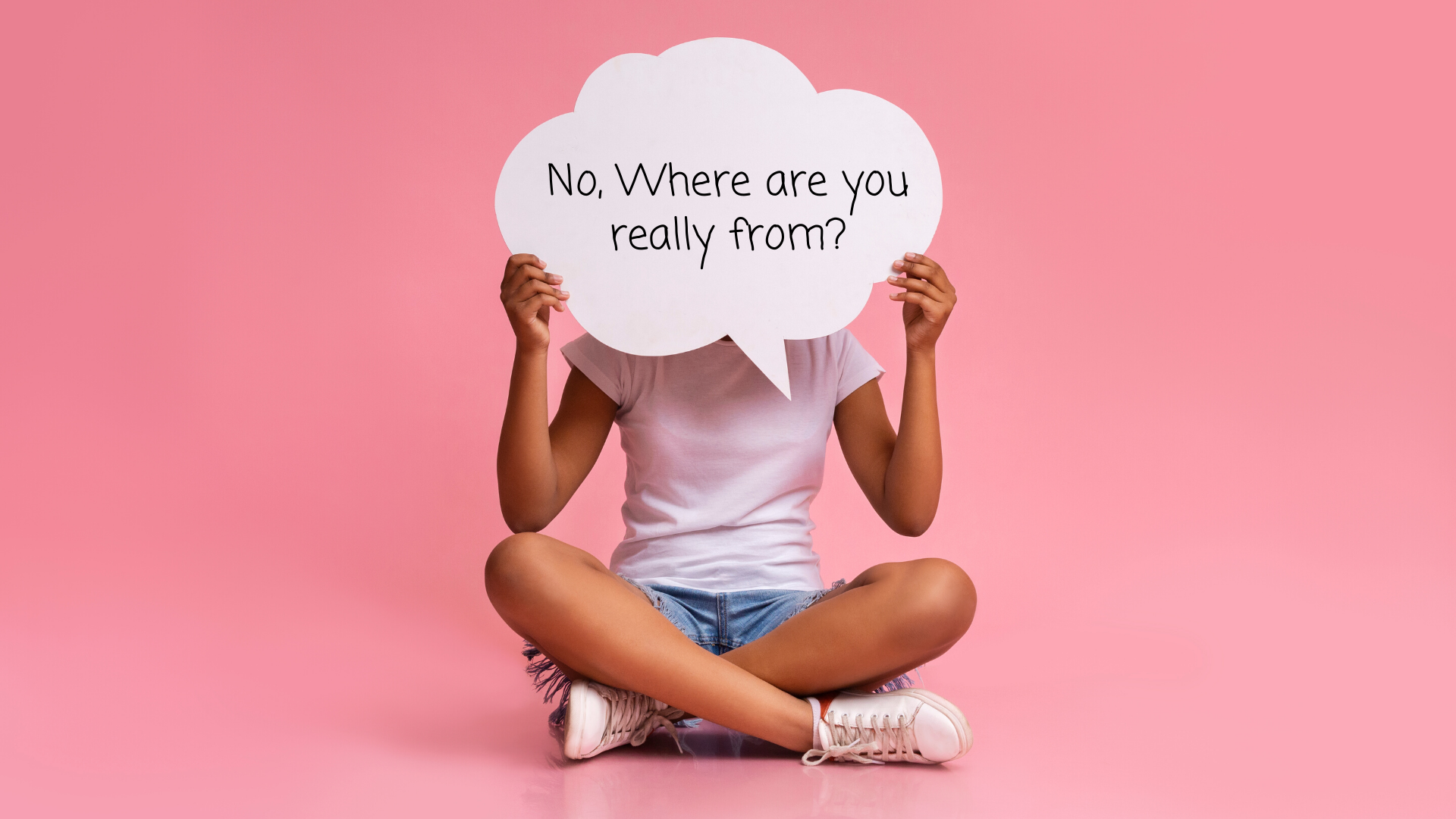SEATTLE — Most people don’t consider themselves to be racist or sexist. But even those who join in the protests for Black Lives Matter or for gender equality can be guilty of what’s called microaggression.
As Dr. Roberto Montenegro, a psychiatrist with Seattle Children’s Psychiatry and Behavioral Medicine clinic, describes it, microaggressions are subtle and often unconscious or unintentional actions that express bias based on gender, sexual orientation, ability or race.
“This concept was a developed by a psychiatrist named Chester Pierce in the 1970s that really tried to capture the shift in a racism from a more overt, very obvious form of racism that was experienced in the United States during the Jim Crow era, to a more covert form of racism,” Montenegro said. “These are very subtle slights that typically infringe on a person's space, time and they’re indignities that are very difficult and often very challenging to identify, examine and even confront.”
Overt racism is obvious to identify, but the types of slights covered by microaggression are much harder to pinpoint. For example, asking a person of color, “Where are you really from?” is a subtle implication that the questioner automatically believes that person to not be from the United States.
“These are oftentimes meant as compliments or maybe even recommendations, but these are not proper compliments and they're not proper recommendations,” Montenegro said.
It may seem like a small thing – after all, micro is in the term. But over time, being constantly subjected to one microaggression after another has a larger effect resulting in feeling invalidated, dismissed, insulted, alienated, and reinforcing a sense of otherness.
“It's not about having your feelings hurt,” Montenegro said. “Microaggressions are not about being politically correct, or about language policing. For children and adults of color who are consistently being othered, this perpetuates power differences that also reinforces hierarchy and oppression in our institutions. So again, it's not about having your feelings hurt it's about the big picture of what this causes.”
Conversations about race, and especially self-examination of your own role in it, can be notoriously uncomfortable and difficult. But it is crucial to do so if we are to achieve a just and equitable society.
“To really understand microaggressions, people have to understand power and access to resources and decision makers, and how this impacts an individual's daily life,” Montenegro continued. “And it takes power and privilege to really argue against microaggression, and typically even to dismiss the microaggression. They have a cumulative effect and an individual microaggression can still be very damaging.”
Those on the receiving end of microaggressions are not only subjected to the inherent abuse, but must also decide whether or not to respond.
Montenegro says that first of all, the obligation to educate does not fall on the person being discriminated against. Rather, the onus is on the individual committing the microaggression.
“It can be very taxing, as you can imagine, to consistently have to educate someone about what they said and how what they said was inappropriate,” Montenegro added. “So usually I tell people it's up to you to decide if you're going to respond.
“If you are a person of color, which I'm specifically talking about racial microaggressions today, it's important to assess the situation. You have to ask yourself is it worth it? Is it the right time? Will the person be receptive and open to feedback? Or should I simply walk away, right?”
If you do decide to engage, the University of Washington School of Medicine teaches a communication model to help in difficult conversations with patients called DEAR:
- D – Describe the situation; stick to the facts
- E – Express your feelings
- A – Ask a question or make an assertion
- R – Reinforcement
“Think about the person you're addressing, what will get them to commit to making the change that you're asking,” Montenegro said. “Practicing this method over and over and makes it a little easier for you to stay organized and address the situation with less emotions being involved.”
In the end, educating yourself is the best way to combat microaggressions.
“Learning how to be an ally takes a lot of work; doing it right takes a lot of work,” Montenegro said. “And learning how to break the habit of bias and racism … is even more work.”
ADDITIONAL RESOURCES
- On the Pulse blog: Unraveling Microaggressions
- White Fragility by Robin DiAngelo
- Superior: The Return of Race Science by Angela Saini
- How to Be an Antiracist by Ibram X. Kendi
- How to talk with your kids about racism
- Antiracist Baby Picture Book by Ibram X. Kendi
Sponsored by Seattle Children's. Segment Producer Heidi Eng. Watch New Day Northwest 11 AM weekdays on KING 5 and streaming live on KING5.com. Contact New Day.

